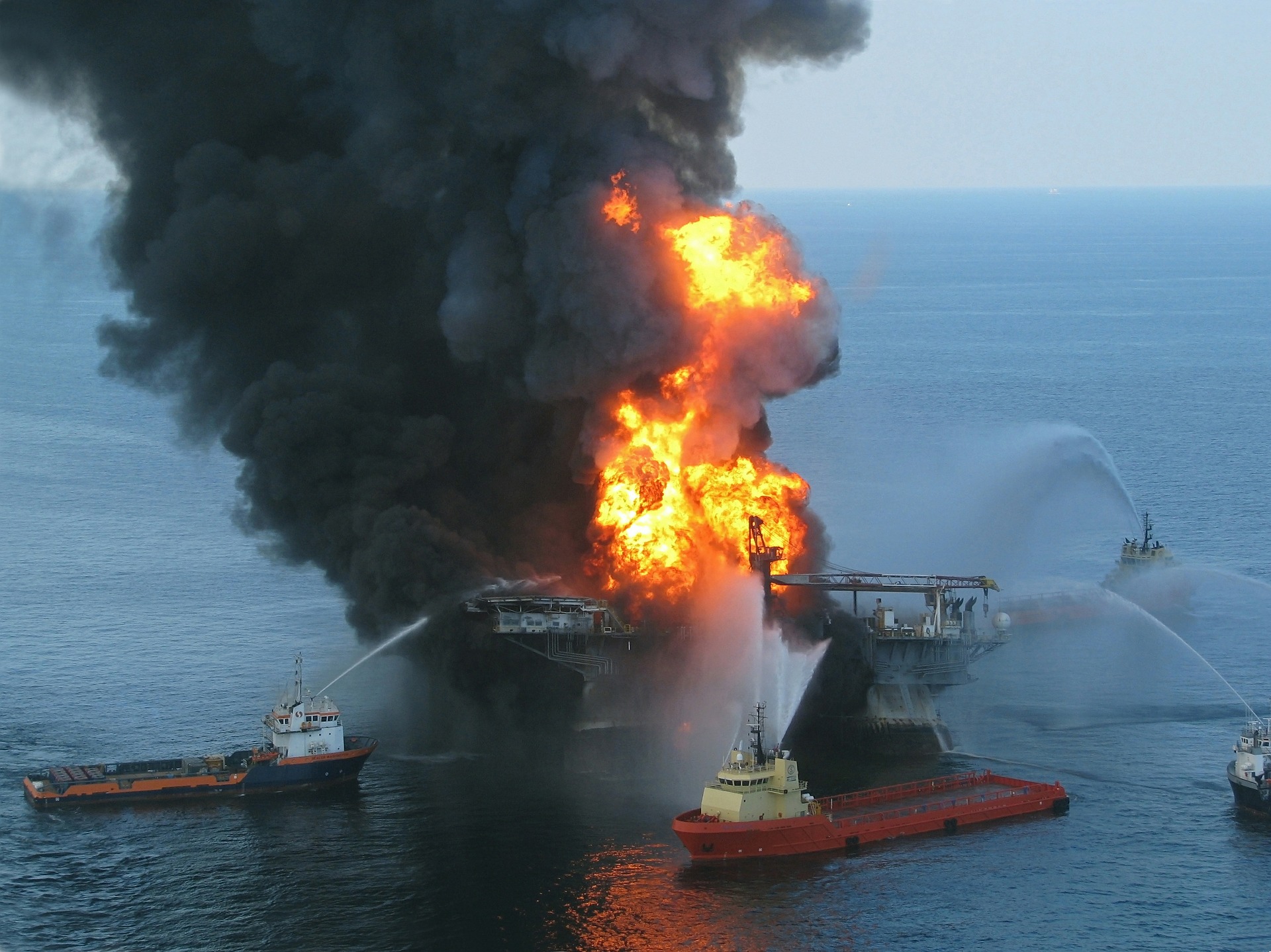Science Magazine
A dorado, somtimes called mahi-mahi.
A Wikimedia photo.
Once upon a time, thousands of dorados, a giant among catfish, would swim more than 3000 kilometers from the mouth of the Amazon River to spawn in Bolivia's Mamoré River, in the foothills of the Andes. But the dorado, which can grow to more than 2 meters in length, is disappearing from those waters, and scientists blame two hydropower dams erected downstream a decade ago. As countries seek new energy sources to drive economic growth, a surge in dam construction on the eastern flank of the Andes could further threaten fish migration and sediment flows, scientists warn this week in Science Advances. The main consequence of proliferating dams is habitat fragmentation. The dorado's disappearance suggests fragmentation is already taking a toll.- Barbara Fraser is a freelance journalist in Lima.
Full story here.








